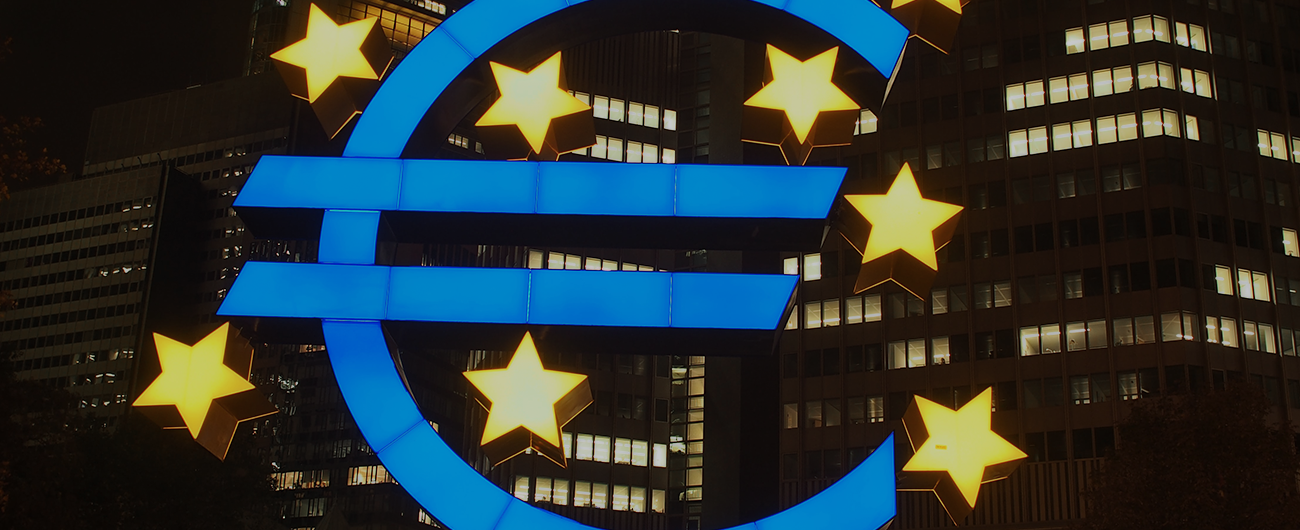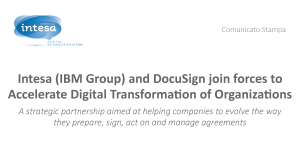European Digital Identity Wallet: risks and benefits
The European Digital Identity is creating some interest and enthusiasm, but there are still many issues to be resolved.

The implementation of the EUDI Wallet generates interest and enthusiasm, but risks and benefits must be taken into account in order to create a balanced and useful ecosystem for citizens.
![]()
In this article:
An important new phase for the implementation of the European Digital Identity Wallet will commence in early 2023. The consortia that will work on the use cases were selected in December, and we will see the results of the large-scale pilots by the end of the year.
However, there are still many points to clear up, and some not inconsiderable concern among Italian identity providers. Although the proposal for the EUDI Wallet has been received with interest and enthusiasm all over Europe, it was acknowledged even at the most recent meeting of the Digital Identity Observatory at the Polytechnic University of Milan that there are both benefits and risks, and the introduction of the wallet was defined as an important watershed not just for the development of digital identities but also for the European digital market.
Here are the principal benefits and risks of the European Digital Identity Wallet according to companies in the sector which took part in the meeting.
Benefits
1) Proximity to the self-sovereign identity model
The EUDI Wallet will be a huge step forward for the privacy of individuals. Its architecture is compliant with most of the ten principles of self-sovereign identity – the digital identity model designed to put the control and sharing of personal information entirely in the hands of the individual, in accordance with the selective disclosure principle. Greater security for individuals therefore, but not just that – even though digital identities could remain vulnerable to cyber-attacks, the European Digital Identity Wallet will still be an enormous step forward in terms of security and preventing identity theft.
2) Trust services more accessible to individuals
Another advantage of the European Wallet is the possibility it offers of incorporating all the existing identity schemes in Europe in a single access point, creating interoperability for public and private services in Europe. So it will also be easier for qualified trust service providers to offer services to individuals, including access to electronic signatures, certified emails and much more.
3) A more innovative conception of identity
The benefits of the wallet include, of course, the potential for it to present a more contemporary notion of our identity and, an important consideration, protect our personal data. Most people are not yet fully aware of the risks associated with the uncontrolled dissemination of personal data, and how they can protect themselves from identity theft. With the identity wallet and the ability to choose precisely what information to share and when, more general awareness of this aspect will hopefully be raised.
to the trend of data being managed by Big Tech. The new regulation likewise aims to ensure equal opportunity access to fiduciary services within the EU. Italy is the leading European country in terms of availability of Qualified Trust Service Providers – in other countries, the number is quite low.
In a nutshell, the ultimate goal of the eIDAS revision is to increase interoperability and integration amongst fiduciary services within the EU, taking a further step towards unifying the countries, and laying a foundation for the European Digital Market.
Risks
1) Decline of national identity systems
It will be essential to find the right way of integrating the European Digital Identity Wallet into the existing national digital identity systems used in different EU countries. The risk is that the European wallet could render obsolete or fail to take into account the digital identities currently available to and used by individuals, which means that years of public and private financial investment, and what has been done so far in terms of ‘disclosure’ on the importance and use of these systems, will be wasted.
2) Absence of private stakeholders in the ecosystem
The absence of private stakeholders in the wallet ecosystem cannot be overlooked; quite the contrary. It is clear from the limited number of private-sector service providers which operate in the public digital identity and electronic ID market in Italy, which could be much higher. Private-sector involvement in the EUDI Wallet should be encouraged with a defined, two-way business model, which will be essential to increase the number of services accessible via wallets and consequently the uptake of the wallet itself.
3) Competition from Big Tech
The tech giants have been operating wallet logic for some time – digital payments in particular – and they already have the technological capacity as well as enormous investment capital and almost total control of the mobile devices it employs. If these advantages are not anticipated and contained, they could restrict the EU’s autonomy in defining the ecosystem, infrastructure, framework and data security of the EUDI Wallet.
In conclusion, however much interest and enthusiasm the EUDI Wallet has created, it will be important to proceed rationally and take these risks into account in order to construct an ecosystem that is balanced and above all useful for individuals.



